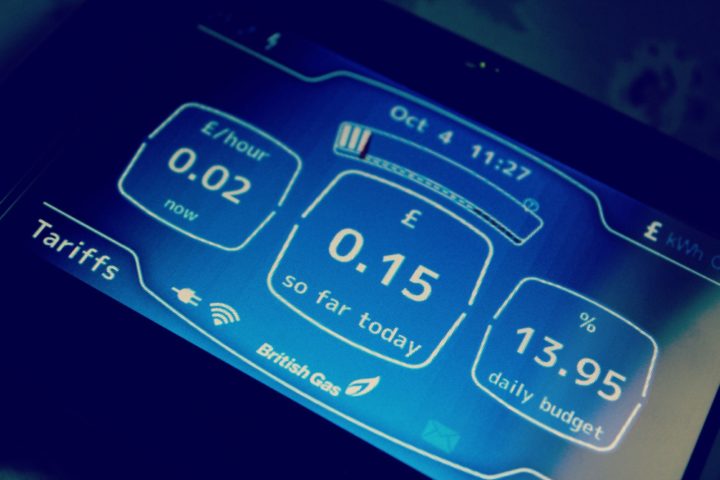Leaky new build houses put £200 on energy bills
Decision to scrap Zero Carbon Homes policy adding to energy bills for occupants of new-build homes
By George Smeeton
info@eciu.netShare
Former Chancellor George Osborne’s 2015 decision to scrap the Zero Carbon Homes policy is costing occupants of new-build homes up to £200 per year on their energy bills, finds new analysis from the Energy and Climate Intelligence Unit (ECIU).

For comparison, the £200 per year saving that could have resulted from the Zero Carbon Homes policy is nearly three times the amount sought by the Government’s recently-introduced energy price cap.
Since 2015, owners of new-build homes in England have collectively paid more than £58 million in additional energy costs – a figure that could rise to over £1 billion by 2020 as more and more new dwellings are occupied.
The Zero Carbon Homes policy was due to come into effect in 2016 after nine years of discussions with housebuilders and other stakeholders, but Treasury cancelled it six months before implementation. A poll of MPs conducted last year for ECIU by YouGov showed that more than half (55%) support re-introduction of Zero Carbon Homes, with only 18% opposed.
Commenting, Dr Jonathan Marshall, ECIU Head of Analysis, said: “Successive governments have struggled to devise effective domestic energy efficiency policies, meaning carbon emissions from homes are rising, but Zero Carbon Homes could have made a real difference.
“As well as future-proofing new homes, the policy would have saved families money, reduced Britain’s vulnerability to energy supply shocks, and cut carbon emissions.
“Tackling new build homes is one of the easiest ways of improving the UK’s leaky housing stock, and reintroducing this policy could also deliver a boost to firms involved in insulation and low-carbon heating.”
The UK does not currently have an extensive domestic energy efficiency scheme, meaning that carbon emissions from UK homes have risen over the past two years. Although decarbonising heat is challenging, government advisors such as the Committee on Climate Change consider that reducing the amount of energy wasted from buildings is essential, as the UK has some of the most inefficient homes in Europe.
Heating is responsible for around 40% of national energy consumption, and around 25% of emissions. Of this, homes are responsible for more than half (57%), with 80% of British homes currently heated by natural gas. Heating also represents the largest component of domestic energy bills and is therefore directly linked to fuel poverty concerns.
Commenting, Paula Higgins, Chief Executive of the Homeowners Alliance said: “One of the most regular concerns that people raise with us is energy bills. Britain’s leaky homes mean that people can struggle to manage their bills while keeping their homes comfortable and warm.
“For the less well off, this can have a real impact, with the threat of fuel poverty and very real health risks.
“One of our long-running campaigns is for better new-build homes; low standards, thin walls and inadequate heating are problems that we see time and again. Homes should be built to the highest standards to be fit for this and future generations; Government and industry need to recognise that it’s in everyone’s interest to get this right.”
The report, Zero Carbon Homes: How owners of new homes are paying over the odds for energy, is available here.
This report was updated in March 2019 to account for errors in the underlying data.